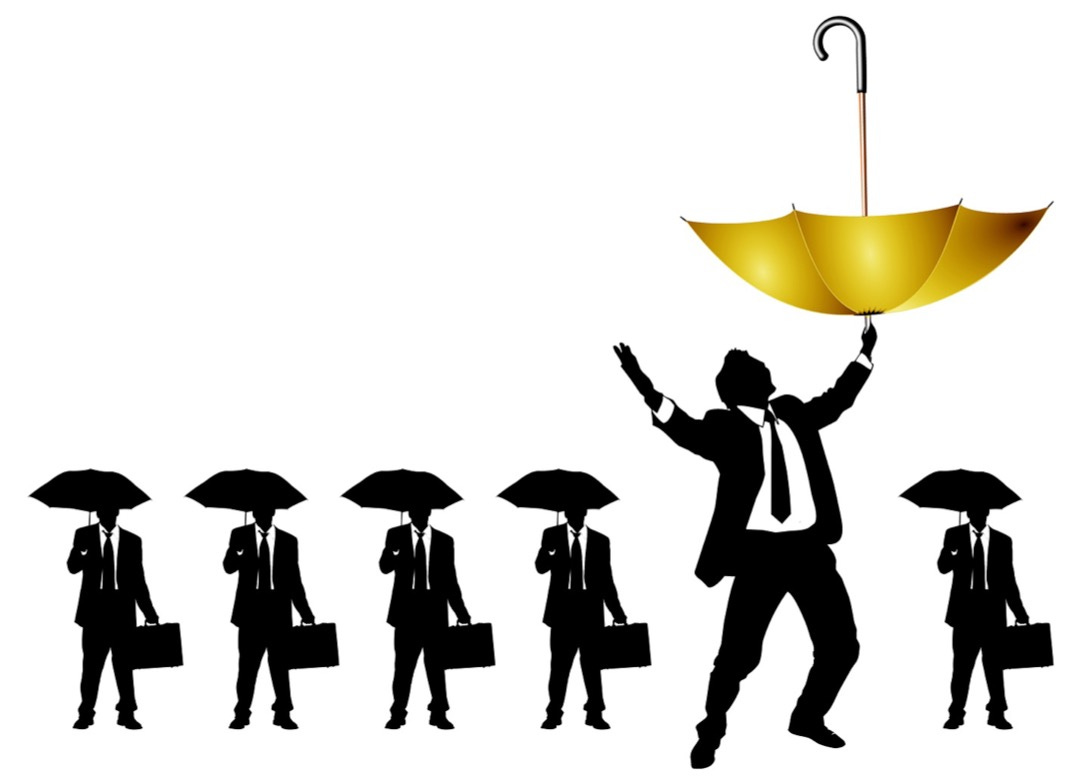The Three (3) Ways To Lose a Poker Hand…
…and they’re all actually good things to happen to you
“You learn more from losing than winning. You learn how to keep going.” —Morgan Wootten
No one likes to lose at poker, but with the right mental approach, losing a poker hand can be refashioned into a good thing. To understand this, we need to first recognize that there are only three ways we can lose a poker hand:
Bad Beat. The definition of a bad beat loss is one in which we were a clear, dominating favorite to win when the money went into the pot—but our opponent got lucky, sucked out, and took down the pot. Poker is a game of statistics and probabilities. The best hand doesn’t always win. This is baked into the game. For example, imagine we’re dealt Kings in late position. A loose player open-raises in mid-position and the action folds to us. We re-raise, they shove, and we call. We’re surprised when they turn over 5c-4c. We’re even more surprised when the flop comes out 5-4-4 and our Kings go down in flames. We lost to a bad beat. Congratulations! We’re playing good poker, which is all about decisions, not results. We got our money in preflop with a dominating hand. We recognize we did everything right in the hand, but got unlucky. That’s just part of poker.
Bad Cards. The second way we can lose is because of bad cards. Like bad beats, bad cards are just another normal part of the game. Imagine that on the very next hand after the bad beat, that same opponent open-raises and we look back down at Kings again. We re-raise again, they shove, and once again we call, getting all our money into the middle. This time, however, the opponent turns over Aces. Worse, we don’t get lucky by spiking a third King. We lose another full stack. We call this type of situation a “cooler,” which essentially means that—*again*—we did everything correctly in the hand, but just ended up on the losing side of two powerful hands. Neither opponent played their hand wrong; we just got coolered with the second best hand. That’s just part of poker. Next time we’ll have the Aces and they’ll have the Kings.
Bad Play. The third and final way we can lose a poker hand is because of bad play. Everyone makes mistakes and errors. Amateurs and professionals alike. When we lose by misreading our opponent, for instance, we’ve lost to bad play. Losing this way means we did something wrong in the hand and were punished for that poor decision. We now have two options. We can feel the sting of the hand and get mad, potentially going on tilt, and losing even more money. Or we can feel the same sting of the loss, but use that pain as fuel to examine what we did wrong. We can lose and whine, or we can lose and learn. When a professional poker player loses because of poor play, you can guess which option they choose. Poor play becomes improved profits in their future.
And that’s it; these are the only three ways to lose a hand of poker. In upcoming posts, we’ll look at each of these in a little more depth—and we’ll show how all of them have silver linings that can make you more profitable in the long-run.


